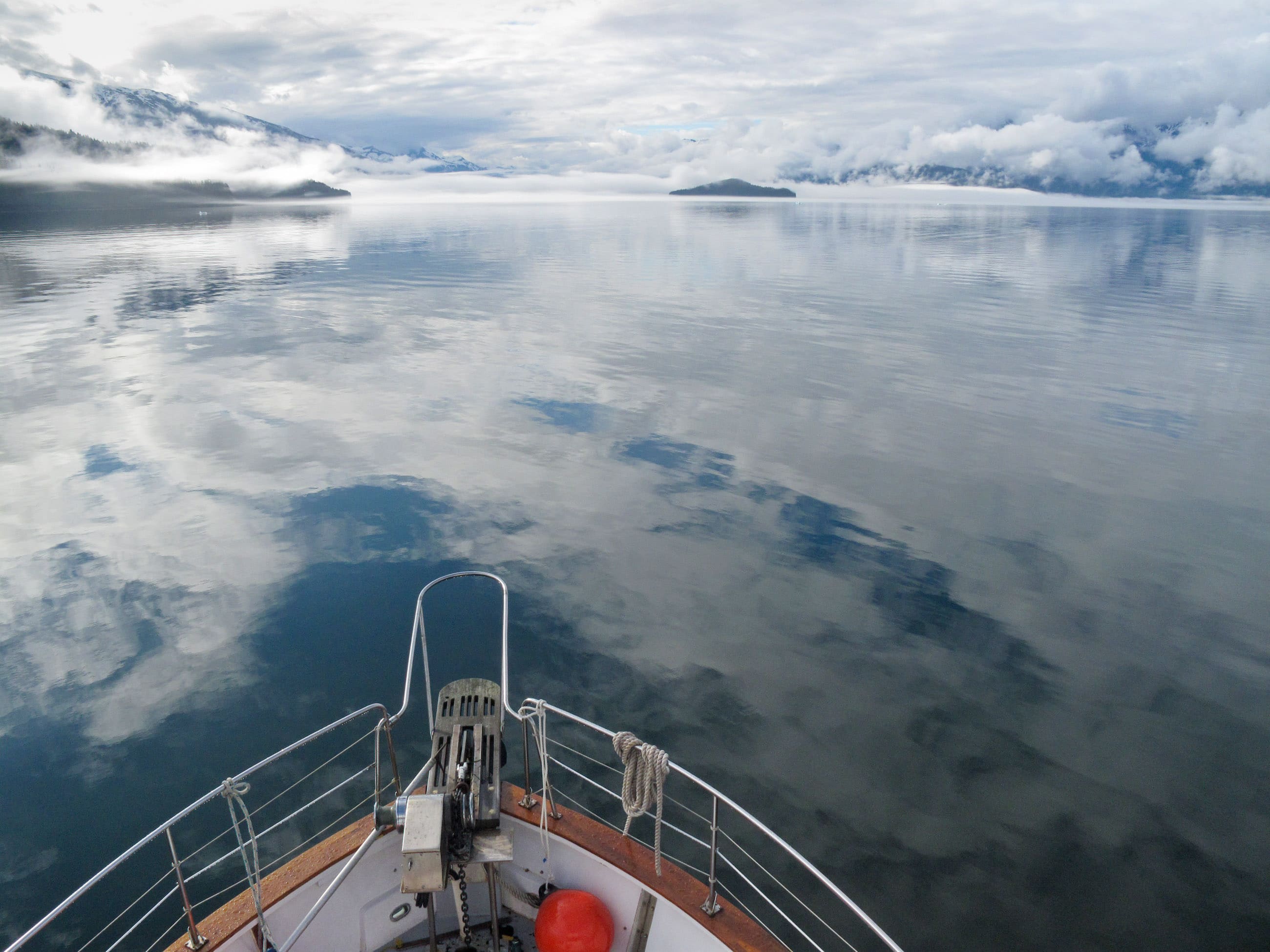On our most recent episode of the Best Run Podcast I caught up with ocean advocate, skipper, Co-Founder and Director of eXXpedition – Emily Penn. We discussed the vital work she and her organisation do in understanding product lifecycles and its role in creating a cleaner planet and ocean.
Emily has spent the last ten years exploring the ocean and seeing firsthand the effect of plastic pollution across the world. In 2014, she setup a project called eXXpedition, which is a series of all female voyagers – hence the double X – who sail the seas understanding plastic and toxic pollution.
“eXXpedition exists through many vital collaborations, whether it’s scientific partnerships or working with local NGOs in the countries we visit,” she explained. “There are also the businesses who support eXXpedition’s work and creating the change that we want to see in the world. Businesses supporting financially as sponsors towards the voyages to sea – taking 300 women around the world over the next couple years as part of the research into plastic and toxic pollution.”
eXXpedition has spent the past year working with SAP to delve into product lifecycles and sustainability, particularly how to help people/businesses really navigate the hundreds of solutions that are out there, which led to the development of Shift.
“Using Qualtrics, we’ve set up a system on the Shift platform that helps you navigate these hundreds of solutions,” Emily said. “It takes you on this journey asking what kind of action you want to take. Are you at the beginning of your journey where you just want to learn what’s going on, or are you looking to be leader in this space?
“It then asks you where you’re looking to make a difference – at home, with your kids, business supply chain, or government – there are a whole spectrum of places to start taking action. Then it asks your where you’re looking to make an impact on the sea-to-source spectrum.
https://player.whooshkaa.com/episode?id=728261
The key purpose of the Shift platform is to help people educate themselves and explore the solutions available. “To solve the problem long term, we need to ask tough questions to get to the source of the issue,” Emily adds. “It’s a tool designed for all sorts of people, but there’s a lot on there for businesses to really help effectively change their supply chain, how they do things, and how they operate.”
According to Emily, a vital reason why businesses should re-evaluate its processes and outputs is because consumers already expect sustainable options and legislation will inevitably follow. “What we need right now is innovation and to put some of these new products that do exist into action at scale,” she explained.
This leads to the notion of creating a circular economy, which Emily believes is about living and producing in circles, as seen in nature. “When you’re at school you learn about the water cycle, the carbon cycle, and everything in nature goes around in these endless circles where there’s no waste essentially is generated because one stage’s waste becomes the next stage’s resource.
“The idea of a circular economy is to think in that same mindset. If you can close the loop then we can avoid living how we live now, which is this very linear society where we take something, usually oil from the ground to make something like fuel or plastic, and then there’s a waste product at the end, like the plastic ends up in the ocean or landfill, or in the form of fuel it’s waste carbon dioxide that ends up in the atmosphere. We’re trying to close that linear system into a closed loop.”
Emily will be explores these ideas further in the second episode of Effect 2020 (24th September) focused on sustainability. She’ll be discussing her work at sea and relationship with SAP that led to the development of the Shift platform.
“The main takeaway is there’s not one solution to fix this plastics issue. The great news is that there are hundreds of things that we can do and so many of these solutions already exist and already available.”
“It’s just a case of us working out what we have within our power to start doing right now and to not be overwhelmed by the hundreds of solutions, but to say, ‘what’s my opportunity? What’s my role in tackling this issue?’ I really hope the Shift platform will help people answer those questions.”
To learn more about Effect 2020 as it goes digital over three weekly episodes or register for the event, click here.
Discover more about the work eXXpedition does in building more sustainable practices for a better planet by checking out our latest episode of the Best Run Podcast.
This article originally published on Linkedin.


